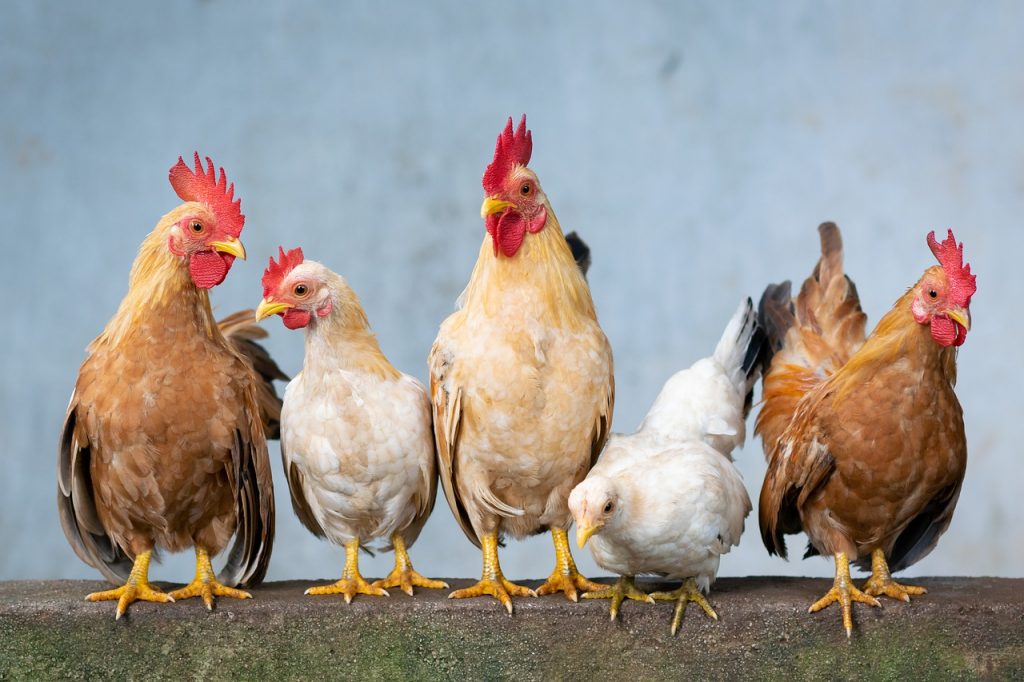Why You May Want To Think Twice Before Keeping Your Own Chickens
Keeping chickens can save you a lot of money on purchasing eggs, but you might want to think twice before keeping them.
This article is more than 2 years old

With grocery prices steadily increasing, people are turning to home food production. While some have gone so far as raising their own livestock or starting a larger farm, most stick with smaller endeavors. Those may include a small backyard garden or raising chickens. But news of a recent study conducted in Australia may change your mind.
Some researchers in Australia just published their conclusions after examining possible contaminants in backyard chickens. And the results are astonishing. Based on their data, chickens raised in the backyards around Sydney have 40 times more lead in their system than commercially produced ones.
With over 400,000 Australians raising backyard chickens, there was no shortage of hens to study. However, the researchers only relied on a small sample size. The samples included tests taken from both hens and eggs at 55 homes in Sydney.
They found that nearly 50% of the hens had lead in their systems, and 51% of the eggs tested exceeded the safety threshold. The researchers cross-tested soil, water, and other environmental conditions to determine the source of the lead. They found that lead concentration levels in the ground are the most likely culprit.
Sydney has a known problem with contaminated soil, and lead is one of the worst offenders. They already have a database that tracks these contaminants across the city, so homeowners know what they’re getting into when they move into a new area. While the sample size in the database continues to grow, it currently contains over 25,000 soil samples. But if the lead is in the soil, how exactly does it get into the chickens?
Chickens spend much of their day scratching at the soil and picking their food up off the ground. Thanks to regular exposure to the contaminated soil, the chickens would end up with lead seeping into their bodies. According to the study, the lead levels were very high in the bloodstream, which is how it gets passed to the eggs.
Despite the small sample size, this study is an important one. While we don’t often hear about lead problems in the news, it is highly detrimental to the human body. Lead exposure results in documented and severe impacts on the body. These include things such as decreased kidney function and IQ levels, as well as increased cardiovascular issues. It is possible to get exposed to dangerous levels of lead through a secondary source, such as eating contaminated chickens.
Since chickens are relatively easy to raise, they grace the backyards of homes. They also maintain a firm foothold in the world of protein sources – with the meat and eggs offering high-quality protein. As a matter of fact, many homeowners raise chickens solely for their eggs. But since the study shows even higher lead levels in the eggs, this poses a real problem.
However, contaminated soil is not just a concern in regard to chickens. If you are a gardener who loves to grow and harvest your own produce, you may want to exercise caution. It doesn’t necessarily mean you have to give up your garden or chickens. But it would definitely be advisable to get your soil tested.





